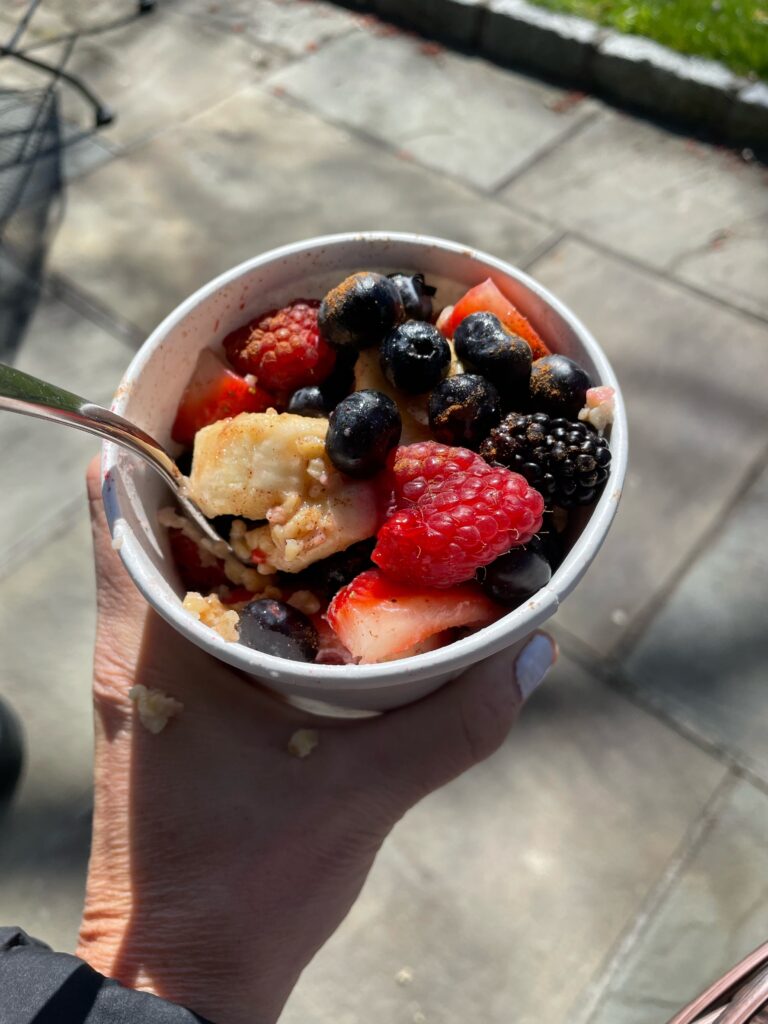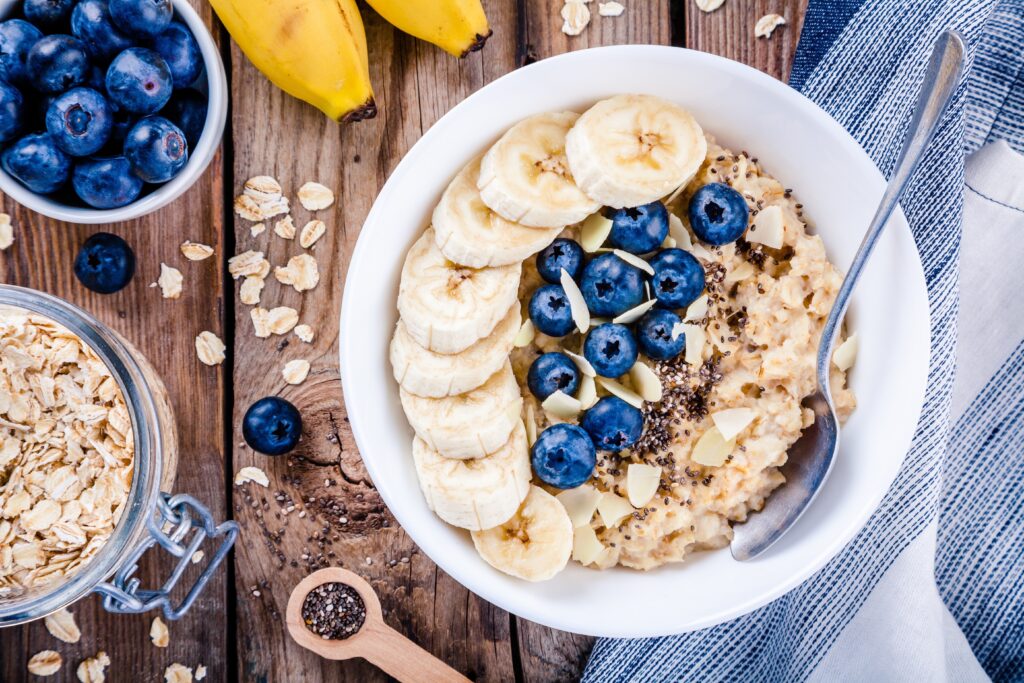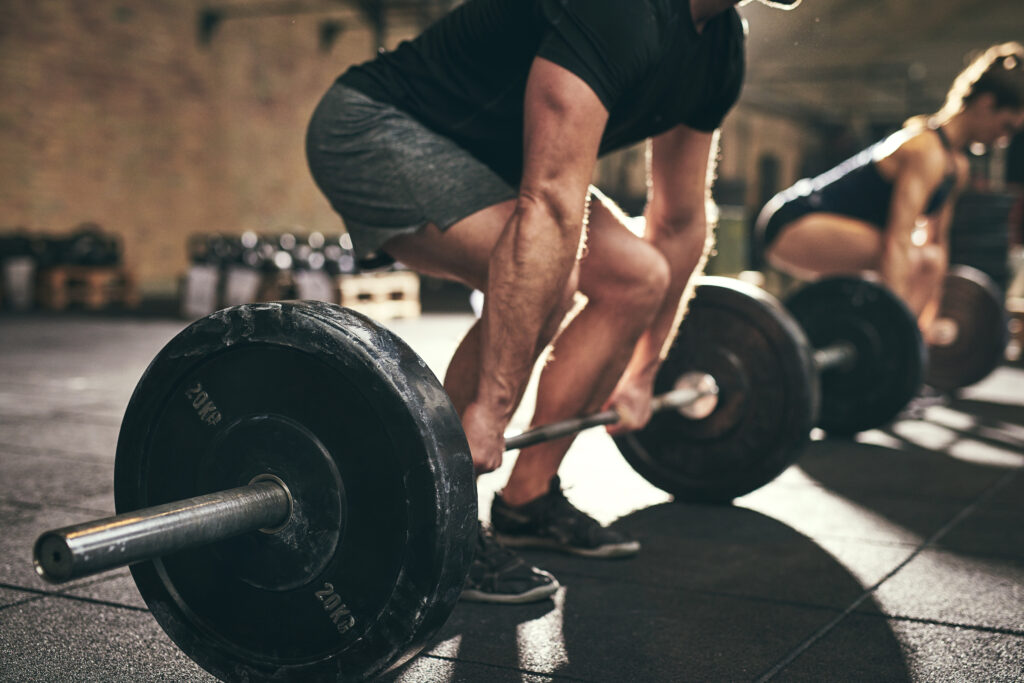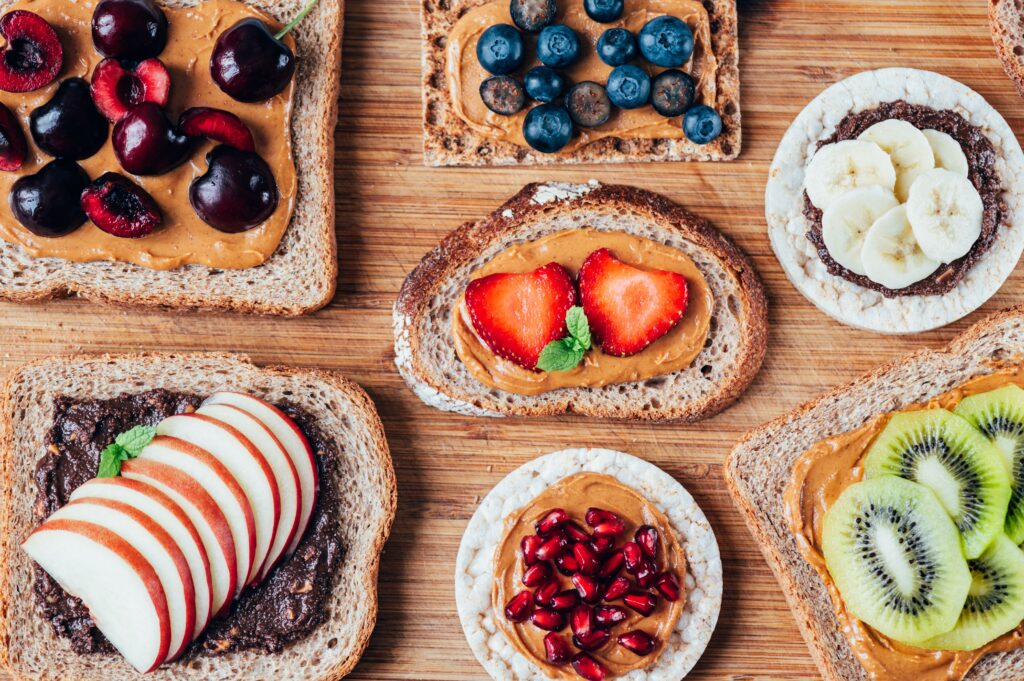INJURY PREVENTION FOR MARATHON RUNNERS

Brendan Martin, physical therapist and elite runner discusses important tips to prevent injuries at the start of marathon training.
Refueling After a Workout When You’re Not Hungry

Eating after a workout is important to optimize recovery, performance and overall health. Eating within one hour after a workout enhances recovery. This period of time is known as the glycogen window, during which nutrients are maximally absorbed into the body. Over the next 6-12 hours, absorption will continue, but at a slower rate. Consuming carbohydrates within the first hour after a workout aids in glycogen repletion while protein prevents further muscle breakdown.
Fast track recovery: How to eat when you’re injured

If you’re an athlete dealing with an injury, adjusting your diet can aid in recovery and overall health. The best nutrition to support healing from soft tissue injuries like pulled muscles, strained tendons or damaged cartilage will differ from the best nutrition for hard tissue injuries like fractured or broken bones.
Best Protein Bars, according to a Sports Dietitian

Protein bars can be a convenient and portable option for adults and teens looking to supplement their protein intake, especially for those who are active in sports or physical activities. It’s important to remember that food is always the best option and protein bars are useful when food is not available. When choosing protein bars, it’s essential to consider factors such as the ingredients, nutritional content, and taste.
NUTRITION GUIDELINES FOR COLLEGE ATHLETES

As a college athlete, proper nutrition is crucial for fueling your performance, supporting recovery, and maintaining overall health and well-being. It’s important to remember that your bodies are still developing and getting stronger. Nutrition has to be adequate to fuel you as a human, exercise, recovery and commuting to class. It’s important to pay careful attention to ensure you are fueling your body to stay healthy and prevent injuries.
5 TIPS TO build MUSCLE

Building muscle is a process that requires strategic nutritional and workout practices. Rather than focusing on losing body fat, focus on what you can do to increase muscle growth. Here are some helpful tips that can help you achieve your muscle-building goals more effectively.
The Illusion of Perfect Eating: Why Celebrity Diets Are Unrealistic

In today’s age of social media, it’s nearly impossible to scroll through our feeds without encountering a celebrity-endorsed diet plan or the latest trend in healthy eating. From Hollywood stars to Instagram influencers, everyone seems eager to share their secrets to achieving the perfect body through diet. But behind the glossy facade lies a harsh truth: many of these eating plans are not only unrealistic but also potentially harmful.
UNDERSTANDING EATING DISORDERS: INSIGHTS FOR COACHES, FAMILIES AND FRIENDS

Eating disorders are complex conditions influenced by a combination of genetic, biological, environmental, psychological, and sociocultural factors. It’s important to note that these factors interact in complex ways, and not everyone with risk factors will develop an eating disorder.
5 Myths You Hear as a College Athlete

TW: contains information on eating disorders and body image.
This post dispels common myths that college athletes hear such as thinner equals faster or that athletes should eat the same as non-athletes.
FUELING AN INDOOR WORKOUT: A GUIDE

Providing your body with the essential energy for powering through exercises is crucial during a gym or indoor track workout. This guide provides tips on how to effectively fuel and hydrate your body during indoor workouts. The focus is on the right timing and type of nutrients to avoid energy crashes or gastrointestinal issues, and to keep energy levels up.